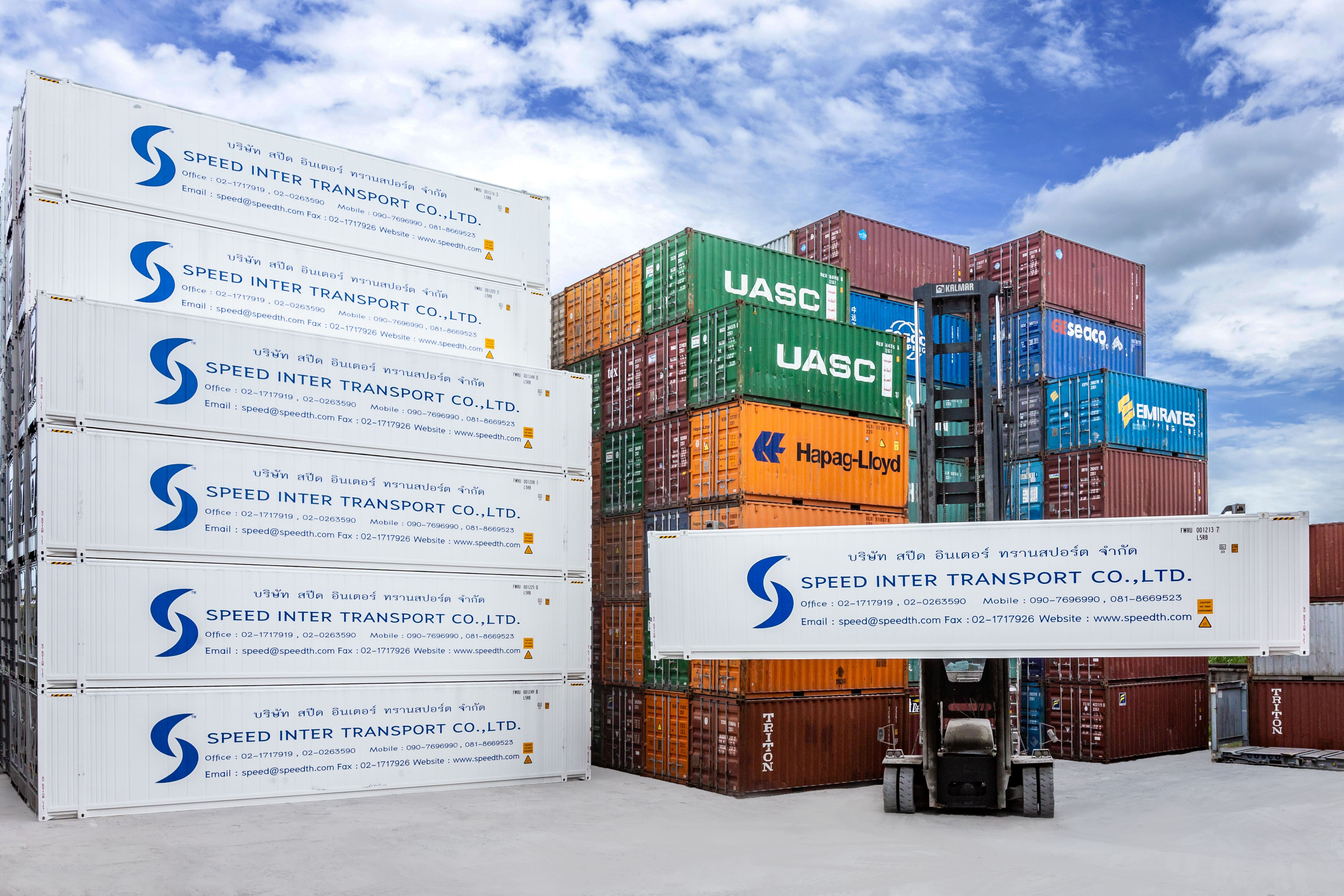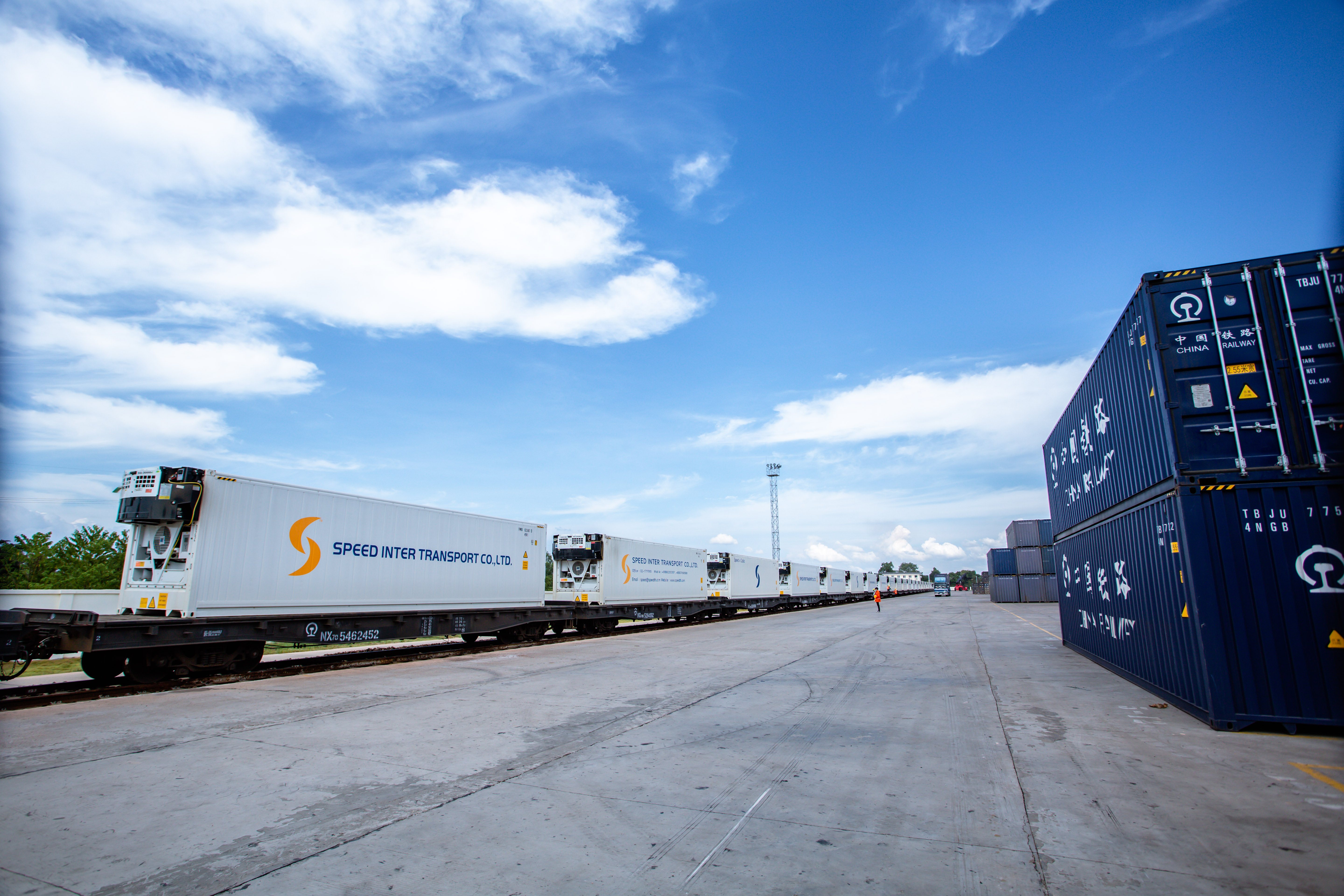It�s a small world, after all. This saying has never been more true, and if trends continue to develop the way they are, the world may continue to shrink.
In light of advanced technology, higher demands from markets and faster turnaround times, globalization has become a staple for world commerce.
In the U. S., the term globalization often has negative connotations. For many, it represents a threat to their jobs, livelihood and way of life.
Though many Americans think of it as a dirty word, �globalization, � actually has been a catalyst for positive change as well.
K-State promotes globalization by offering Swahili courses
Here are four ways that globalization has had a positive impact on the world economy:
1. More efficient markets
Efficient markets should be what every economy strives for. Essentially, the sign of an efficient market is where there is an equilibrium between what buyers are willing to pay for a good or service and what sellers are willing to sell for a good or service.
If you can improve the way you produce a good or service by doing things such as outsourcing certain processes or buying from an overseas supplier that offers discounts, you can then afford to lower your selling price which results in increased demand and affordability.
Even if businesses don�t lower prices, they can make additional profits and then reallocate that excess profit into doing things like increasing wages, taking on more investments or even creating more expansion projects.
3 negative impacts of globalization on the United States
2. Increased competition
Anytime that you have multiple producers competing for a hold of the economy, that�s a good sign for consumers, as the quality of goods and services often goes up as a result.
When businesses started to venture across international borders, what they often did was introduce a new standard into the global marketplace. Consumers then had more options to choose from.
With more competitors to fight over market share, each company has to constantly look to improve their goods or services or create more value for their customers.
This means better products and sometimes lower prices, which is always a good thing for buyers.
3. Stabilized security
When your economy depends largely on another country�s economy, it is hard to imagine either one of the countries attacking the other. In a weird sort of way, globalization helped heighten world security.
Although this may seem kind of twisted since there is so much violence that still goes on in the world, the fact remains that globalization has halted many conflicts that could have turned ugly if their country�s financial health didn�t depend on the other.
4. More wealth equality throughout the world
Although many Americans contend that their standard of living has gone down because of globalization, the flip side to this is that hundreds of thousands of people around the world now have jobs, have started their own businesses and can provide comfort for their families.
Living in the U. S., we take things like clean water, shelter and plentiful food for granted. Our standard of living is paper writer so high compared to many nations that when we can no longer buy frivolous luxuries, we claim that we are poor.
Globalization may have stopped you from buying another flat screen TV, but it also helped countless people in developing countries put food on their table for their families.















